Along with all the blockbuster hits of the 2010s [1], the decade has had several underrated movies that you probably missed out on [2] but shouldn't have. Whether because they had lower budgets, starred less famous actors, or simply got lost in the shuffle alongside much more popular titles [3], these movies never quite got the audience they deserved. We're here to fix that! If you have got a bit of blockbuster fatigue or just want to take a look at some of the movies you might have missed over the past 10 years [4], we've got just the list for you. Ahead, check out our picks for the most underrated movies of the decade and see which ones spark your interest!
The Edge of Seventeen
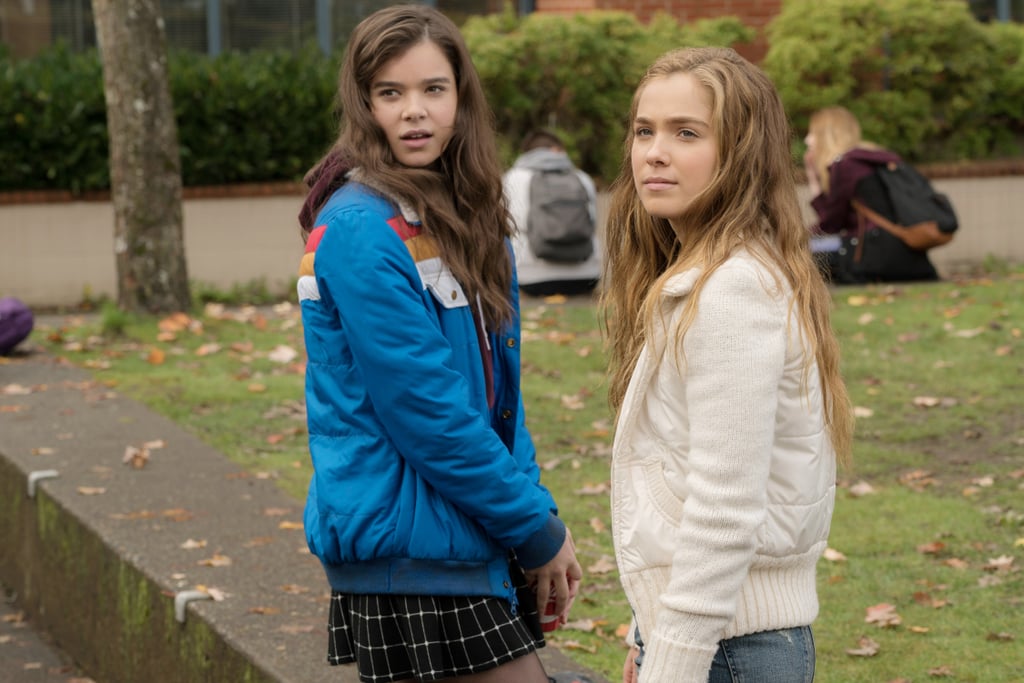
Teen dramedies are a staple of midtier movies, but The Edge of Seventeen deserved to break out more than it did. The prickly mentorship between Hailee Steinfeld's Nadine and her favourite teacher (played by Woody Harrelson) gives the movie its off-kilter spine, and the overall approach to teenage-hood is refreshing on the whole. It's neither oversimplified for the sake of teaching a lesson nor overly edgy for the sake of being shocking — instead, it captures the emotional nuance and dark humour of being a teenager, more in the vein of a (less offencive, more modern) John Hughes movie.
Mudbound
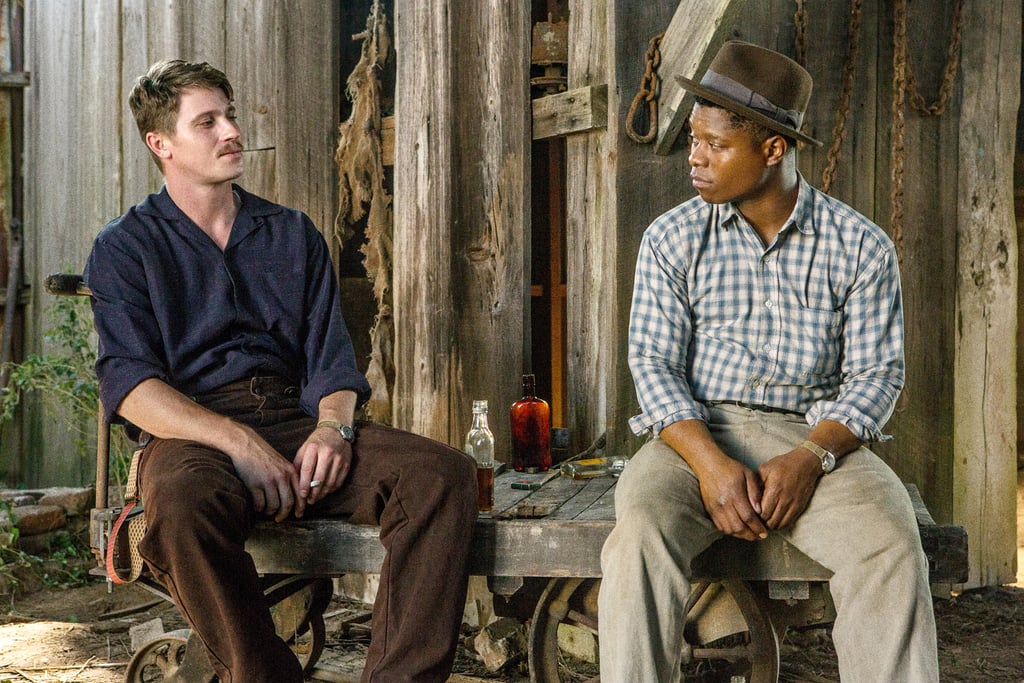
Mudbound never really became one of Netflix's breakout original movies, which is a shame, because it's one of the most thoughtful pieces the platform has put out there. Set in the rural deep South in the years just after World War II, the movie follows two neighbouring families — one white and one Black — as they live in constant tension with each other, even as individual members strive to bridge the gap. "Race relations" movies are always awards-bait fodder (see the heavily criticized Green Book, for one), but there's something less pretentious and more poignant about this movie, which makes it social commentary without forcing its characters to be representatives or archetypes alone.
Ruby Sparks
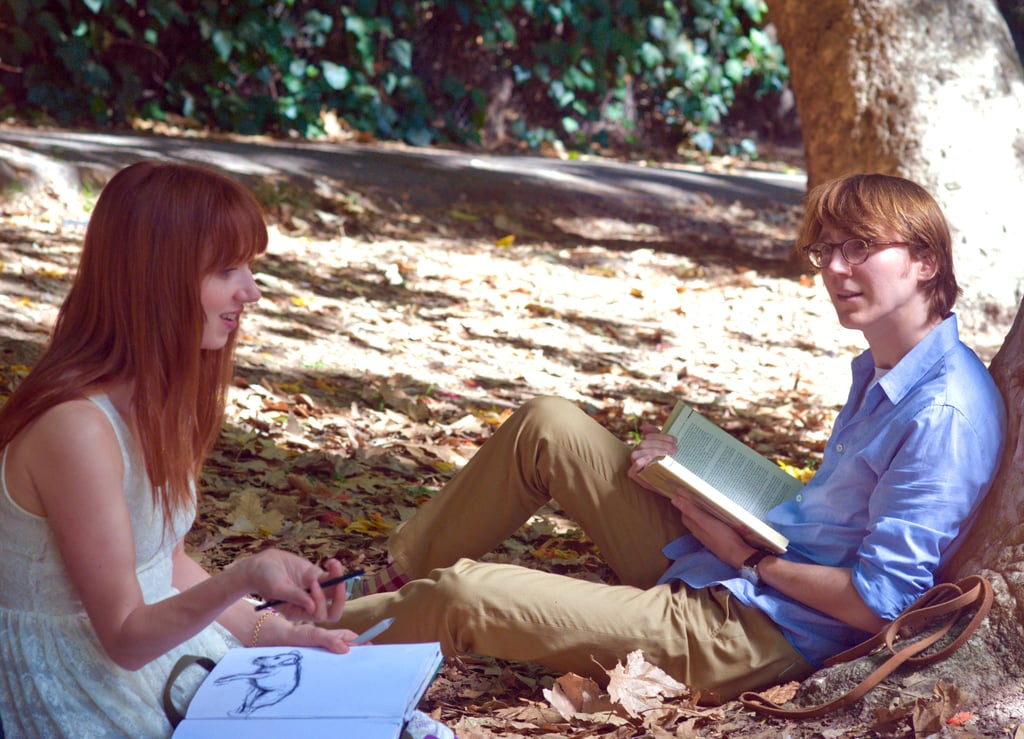
A lot of people probably passed on this movie because of its slightly icky premise: a dorky, socially awkward writer is frustrated by his singledom as well as by writer's block and solves both when he writes himself an ideal girlfriend who then comes to life and does whatever he writes her to do. In reality, though, the movie quickly begins questioning its own premise, and instead of being a straightforward depiction of the much-maligned "Manic Pixie Dream Girl" trope, it's instead a sharp (but not cruel) consideration of authorship, gender dynamics, toxic gendered tropes, and the classic but dangerous romance trope of putting one's partner on a pedestal to the point of stripping them of humanity and agency.
Sing Street

Last decade, filmmaker John Carney brought us the softly bittersweet folk musical Once, with its now-famous song "Falling Slowly." This decade, he was back with another under-the-radar musical, this one a slightly more hopeful but still rough-around-the-edges coming-of-age tale about an Irish boy who starts a band to impress a girl he has a crush on. It's charming, heartfelt, and wryly funny, and it gleefully embraces its 1980s setting with a clever, obsession-worthy soundtrack. Despite its huge heart and endless charm (and a Golden Globe nomination), Sing Street still largely went unnoticed. But its journey isn't over yet — in late 2019, an off-Broadway musical adaptation arrived in New York City, with rumours of a Broadway transfer swirling around the production!
Belle

Dido Elizabeth Belle is a biracial aristocrat in 18th-century England. Although she is raised by her aunt and uncle in a privileged existence alongside her white cousin and she is wealthy in her own right thanks to her late father, her options are few, due to her odd combination of status and race. This little-seen historical drama (based loosely on a true story) has all the trappings of a period drama with lush costumes and swoon-inducing romance, but it also tackles issues of race, class, gender, and intersectionality in a way that most fail to do, with a story of sisterhood and romance set against a landmark slavery legal case in England.
Much Ado About Nothing

You might have watched the Kenneth Branagh-Emma Thompson version of Shakespeare's OG rom-com in high school English class, but we bet you never saw this updated version. It's still the banter-y rom-com you remember, especially anytime Benedick (Alexis Denisof) and Beatrice (Amy Acker) share the screen as exes who snark at each other because they can't admit they still love each other, but the darker elements of the plot are much more evident with the modern, slightly noir-ish setting. Alongside the slapstick comedy and the satisfying romance, this version shines a much harsher spotlight on the subplot that centres on a woman's sexual agency, the cruel ease with which she is denounced, and the rage-inducing behaviour of those who refuse to believe her. There's still a happy ending, but it takes more work and redemption to get there.
Hugo

It's not hard, in hindsight, to see why Hugo failed to connect with audiences. Although it's a quirky family film, it's also a love letter to movie history packed with cinematic references, which makes it tough to find its target audience. Despite its struggles at the box office, it's a charming, unusual, and clever movie about a young inventor in the early 1900s who winds up accidentally helping to launch the film industry. It was the first live-action film shot in 3D (which contributed to its financial failure due to escalating costs), and its visual world is truly stunning, with that pure love for the world of movies shining through in every frame.
Megamind
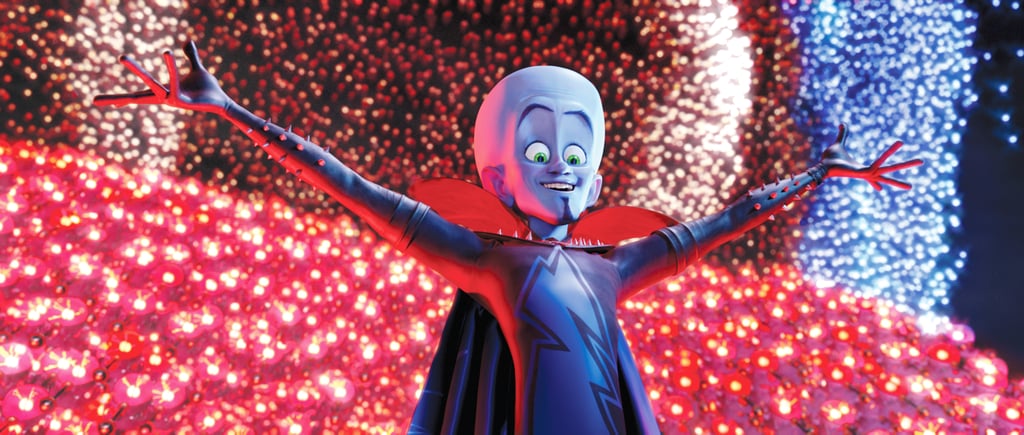
The 2010s were the decade of the antihero and the animated movie "twist" villain, so how on earth did we forget about Megamind? It's a surprisingly witty and deeply creative animated movie about a failed supervillain who, by some stroke of chance, manages to defeat his superhero rival, then gets bored and creates a phony new "hero" to go up against. When his creation takes a dark turn, though, Megamind has to decide who the real villain is and what it really means to be a hero or villain. It's got some moral complexity layered underneath quip-tastic dialogue and crisp, colourful animation.
The Way, Way Back
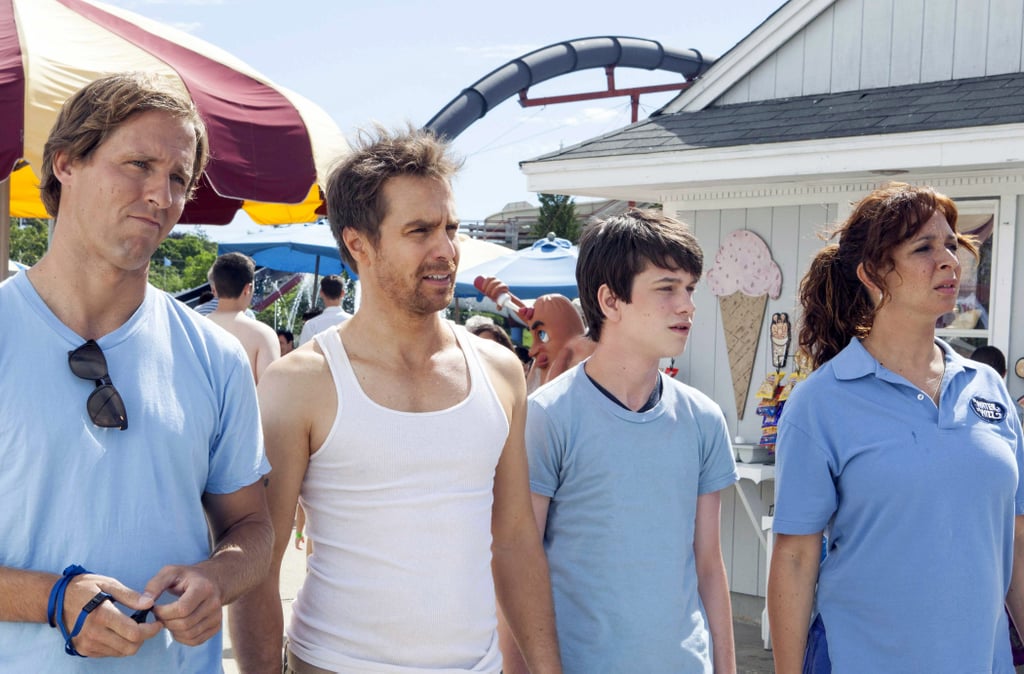
The Way, Way Back is the best coming-of-age film of the decade that you probably never saw. Stuck spending the Summer with his neglectful mother and her borderline-abusive boyfriend, a teenage boy finds his escape in a job at the nearby water park. There, he finds his people among the quirky, wise-cracking employees, particularly the rough-around-the-edges manager who becomes something of an offbeat father figure to the boy. It's a heartfelt and bittersweet look at family drama, teenage emotions, and the weird magic of summertime, with a comedic sensibility that's neither too pretentious nor too broad — it really does hit the sweet spot.
We Need to Talk About Kevin
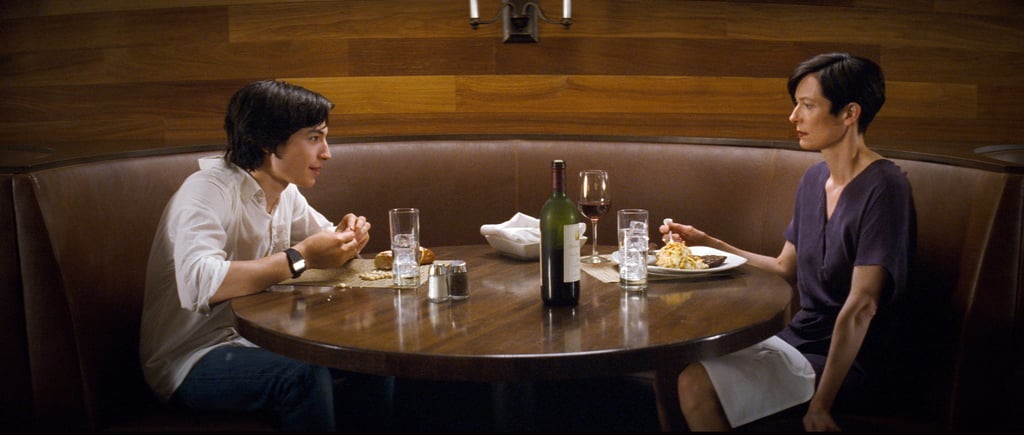
Let's get this out of the way: this is definitely not a feel-good movie, and its dark, difficult subject matter is undoubtedly part of what kept audiences away. The psychological drama deals with tough issues like postpartum depression, mental illness, and school violence, as a mother struggles to process the aftermath of her teenage son's horrific actions and flashes back to wonder if she could have done something differently. More than the material itself, it's the performance that elevate this movie, led by Tilda Swinton and Ezra Miller as the mother and son at the centre of the story. With the 2010s tragically requiring all too many conversations about the mindset of mass shooters, this 2011 film is all the more eerie in hindsight.